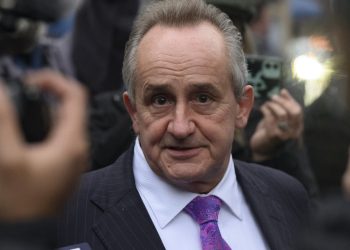
The conviction of former Minneapolis police officer Derek Chauvin in the murder of George Floyd should be a turning point in holding police responsible when they use excessive force.
The conviction was historic, but it won’t lead to change unless cities and states end the special protective treatment police officers are guaranteed in misconduct investigations.
These special rules – some granted by state laws and others by police union contracts – impede investigations in so many ways that it’s almost impossible to fire a police officer for misconduct. Yet because criminal charges against police are so rare, the only way the public usually has to hold police accountable is internal investigations.
Police Officers’ No Accountability Act
The first and perhaps most egregious of these special laws was the Maryland Law Enforcement Officers’ Bill of Rights, passed in the early 1970s. It would have been more accurate to call it the Police Officers’ No Accountability Act. When crimes occur, police round up and question suspects and witnesses as quickly as possible before memories fade or suspects get a chance to tailor their stories. But an officer in Maryland accused of misconduct could refuse to be questioned for five days.
Across the country, similar delays run from 48 hours to an absurd 30 days in Louisiana. The delay is supposed to give officers time to get a lawyer. Never mind that…



























































